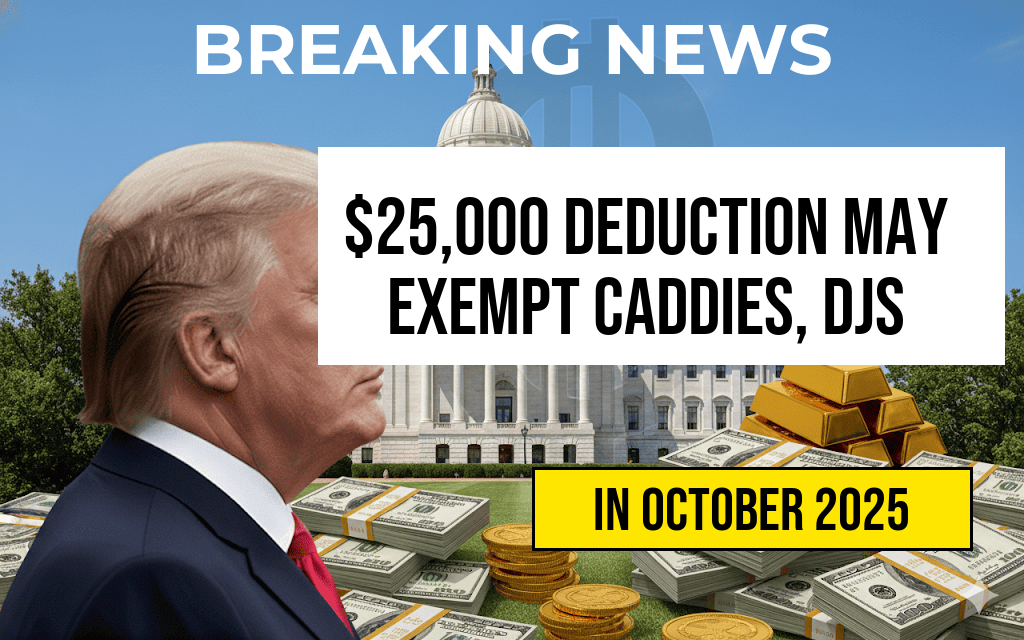The Internal Revenue Service (IRS) is preparing to implement stricter compliance measures regarding 1099 forms in 2026, which could result in substantial penalties for businesses and freelancers who fail to file the required documents. As part of an ongoing effort to improve tax compliance and enhance reporting accuracy, the IRS has announced that missing 1099 forms will incur a penalty of $290 for each document not submitted. This change underlines the importance of timely and accurate tax reporting, especially as the gig economy and freelance work continue to expand across the United States.
Understanding the 1099 Form
The 1099 form is used to report various types of income other than wages, salaries, and tips. It is essential for self-employed individuals, freelancers, and small business owners who receive payments for services rendered. These forms help the IRS track income that might otherwise go unreported.
Types of 1099 Forms
- 1099-MISC: Used for reporting miscellaneous income.
- 1099-NEC: Specifically for reporting non-employee compensation.
- 1099-DIV: For dividends and distributions.
- 1099-INT: To report interest income.
Potential Penalties for Non-Compliance
The IRS has set the penalty for failing to file required 1099 forms at $290 per form, which can quickly add up for businesses that do not comply. For example, if a business fails to submit ten 1099 forms, the total penalty could reach $2,900. These penalties are designed to encourage compliance and ensure that all income is accurately reported.
Compliance Strategies for Businesses
To avoid these penalties, businesses should consider implementing a few strategic measures:
- Record Keeping: Maintain accurate and up-to-date records of all payments made to freelancers and independent contractors.
- Timely Filings: Set reminders for filing deadlines to ensure that all forms are submitted on time.
- Utilize Technology: Consider using accounting software that automates the process of generating and filing 1099 forms.
Impact on Freelancers and Gig Workers
The rise of the gig economy has led to an increase in the number of individuals who may be required to file 1099 forms. Freelancers and gig workers must stay informed about their tax obligations to avoid unexpected penalties. Many may not realize that they are subject to the same reporting requirements as traditional employees, which creates a heightened need for education on tax compliance.
Resources for Understanding Tax Obligations
Freelancers can find valuable information regarding their tax obligations from several reliable sources:
Conclusion
As the IRS tightens its regulations regarding 1099 form submissions, it is crucial for both businesses and freelancers to remain vigilant about their tax reporting responsibilities. The potential for steep penalties underscores the importance of accurate and timely filings. By implementing effective record-keeping practices and utilizing available resources, taxpayers can mitigate their risk of incurring fines and ensure compliance with federal tax laws.
Frequently Asked Questions
What is a 1099 form and why is it important?
A 1099 form is a tax document used to report various types of income other than wages, salaries, or tips. It is important because it helps the IRS track income that may not be reported on a W-2, ensuring individuals and businesses pay the correct amount of tax.
What penalties can I face for missing a 1099 form in 2026?
If you fail to file a 1099 form when required, the IRS can impose penalties. In 2026, the penalty for each missing document could be as much as $290, making it crucial to ensure all forms are submitted correctly and on time.
How can I avoid penalties related to 1099 forms?
To avoid penalties, make sure to accurately collect and report all necessary income data. Keep detailed records throughout the year and ensure that 1099 forms are filed by the deadline. Consulting a tax professional can also help you navigate these requirements.
What types of income require a 1099 form?
Various types of income may require a 1099 form, including freelance work, rental income, and payments to contractors. If you receive income that is not reported on a W-2, it’s important to check if a 1099 is necessary.
When are 1099 forms due for 2026?
1099 forms are typically due to the IRS by January 31 of the year following the tax year. For income earned in 2026, the forms must be filed by January 31, 2027. Ensure you adhere to this timeline to avoid any penalties.






